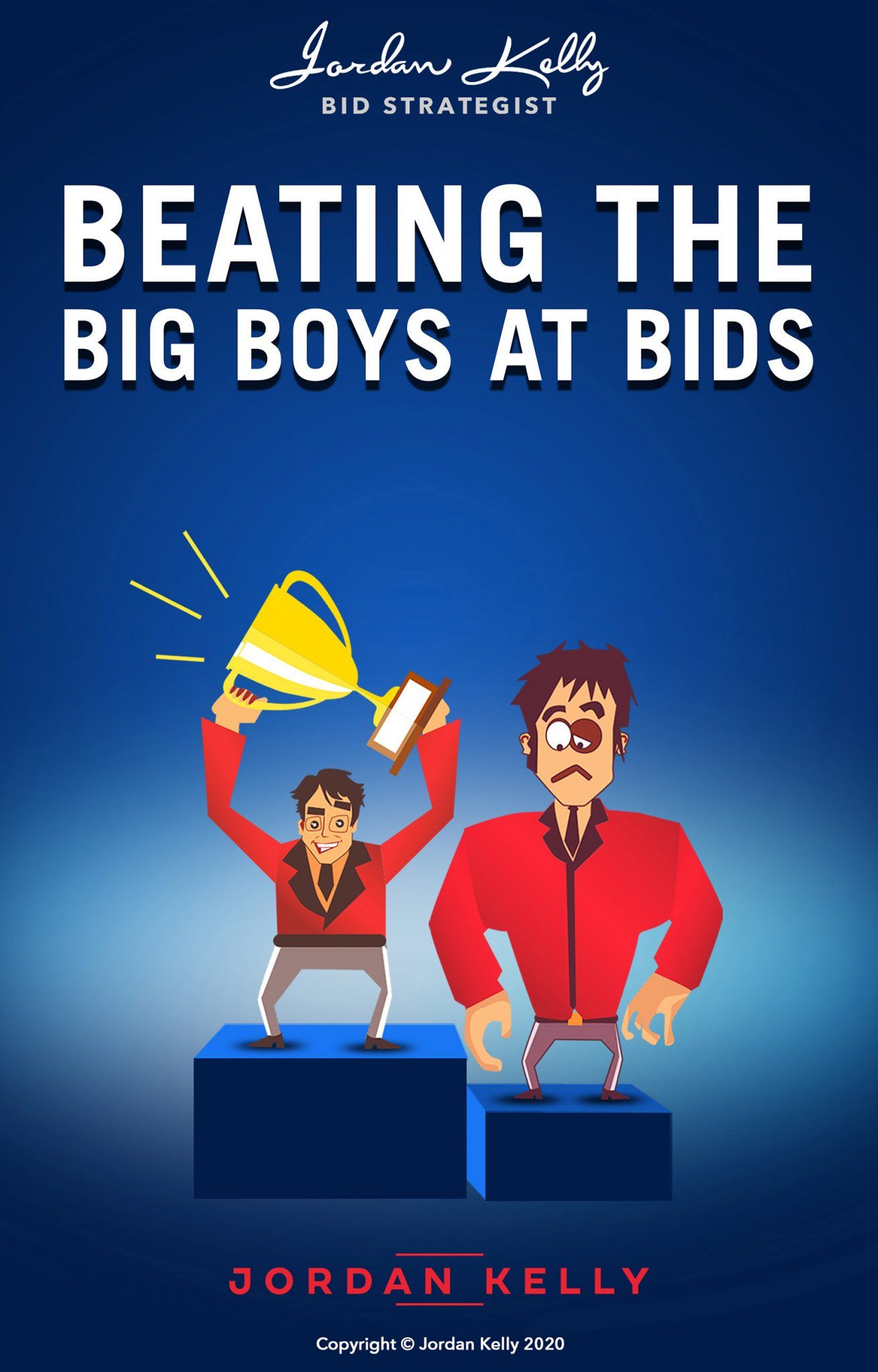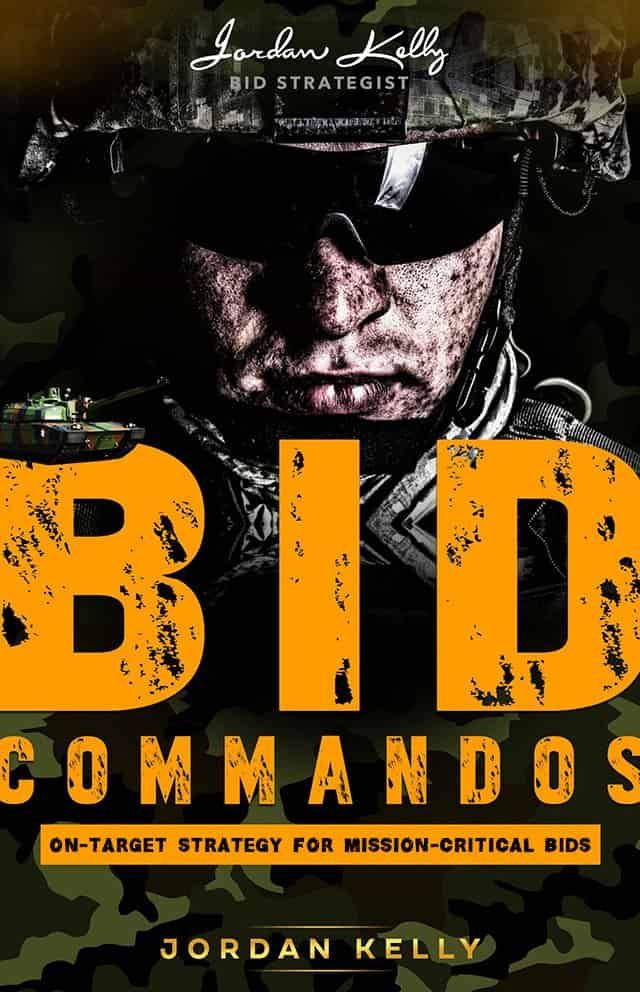CATEGORIES:

If a company struggles to differentiate its product or service from that of its competition, the first element of any corrective strategy should be to seek to deepen the level at which it understands its prospects and its clients.
Not all companies do this well. Most don’t. Why am I confident to make such a sweeping statement? I see the evidence on a daily basis as a bid strategist and writer, and as an evaluator and bid coach.
When I take on a new client, almost without exception, that organisation’s previous bids, tenders and proposals literally shout self-centricity. Those that think they don’t, are always surprised to learn just how much further they could go in taking a genuinely client-centric approach and, in the process, de-commoditising themselves far more effectively.
Symptoms of Self-centricity
Let me demonstrate how a self-centric perspective shows up in a bidder’s documentation.
I’ll focus on just one part of a bid document — the Executive Summary.
Here are two examples that literally whack an evaluator between the eyes with this syndrome on the bidder’s part:
Example One: ‘We’, ‘Our’, ‘Us’
I once evaluated a bid, the Executive Summary of which featured the seller’s name no less than 17 times in a short series of introductory paragraphs.
Don’t laugh; a large percentage of these key front pieces end up with the seller’s or service provider’s name (or ‘we’, ‘our’ and ‘us’) at the beginning of most paragraphs.
This indicates a lack of knowledge, understanding and caring about the client organisation and its issues and priorities, as well as a lack of listening skills and a probable low “care factor” on the part of the bidder.
The propensity for a bidder to communicate in such a way that the world revolves around them i.e. the supplier or service provider, rather than around the prospect/client makes it obvious to the client and its evaluators that the entire working relationship is likely to evolve in this same, very predictable, direction.
This — in the client’s mind — places that bidder in the same self-focused category as the majority of its competition. And this, in turn, relegates it to a largely undifferentiated status.
Example Two: Framing Strengths
Most Executive Summaries focus almost exclusively on getting across the bidder’s strengths.
Some do go slightly further, communicating the purported competitive uniqueness of the offering.
Few, however, investigate and explain the specific relevance of these to the client and its operating environment. And without doing so, they come across as arrogant, lazy or both. It’s also a wasted opportunity.
Regardless of any information requests made in a client’s tender call documentation, the client’s interest in the service provider centres around the relevance of that information to its own organisation, its own priorities, its own issues and how all these will be satisfied in any potential contract with the bidder.
Let’s come back to de-commoditisation.
The degree to which your company can demonstrate a relevant and competitively superior understanding of the client organisation, and how your strengths and the aspects of your offering uniquely position you to solve the client’s problem and/or achieve that organisation’s desires, is the margin by which you’ll be out in front of your competition.
In turn, the extent to which you are out in front of your competition (on elements of your offer other than price) is the extent to which you have successfully differentiated your company and your service or solution.
In turn, the extent to which you’ve differentiated your proposition, is the extent to which you free yourself from the price trap into which most operators in heavily commoditised industries otherwise fall.
BID COMMANDOS
On-Target Strategy for Mission-Critical Bids
(Training Program)
This is my most comprehensive, "blockbuster" training program.
An 11-module course, it will ensure your team excels at every stage of a formal bidding process - from the initial bid/no bid analysis, right through to the client de-briefing session/s.
BEATING THE BIG BOYS AT BIDS

(Training Program)
Capitalise on the natural advantages of being a smaller, more agile - and potentially, more aware - operator than your corporate competitors.
In this five-module training program, I'll guide your team in real-time, as it prepares for, and participates in, a formal tendering process.
(Equally applicable for producing proactive proposals and participating in less formal processes.)



